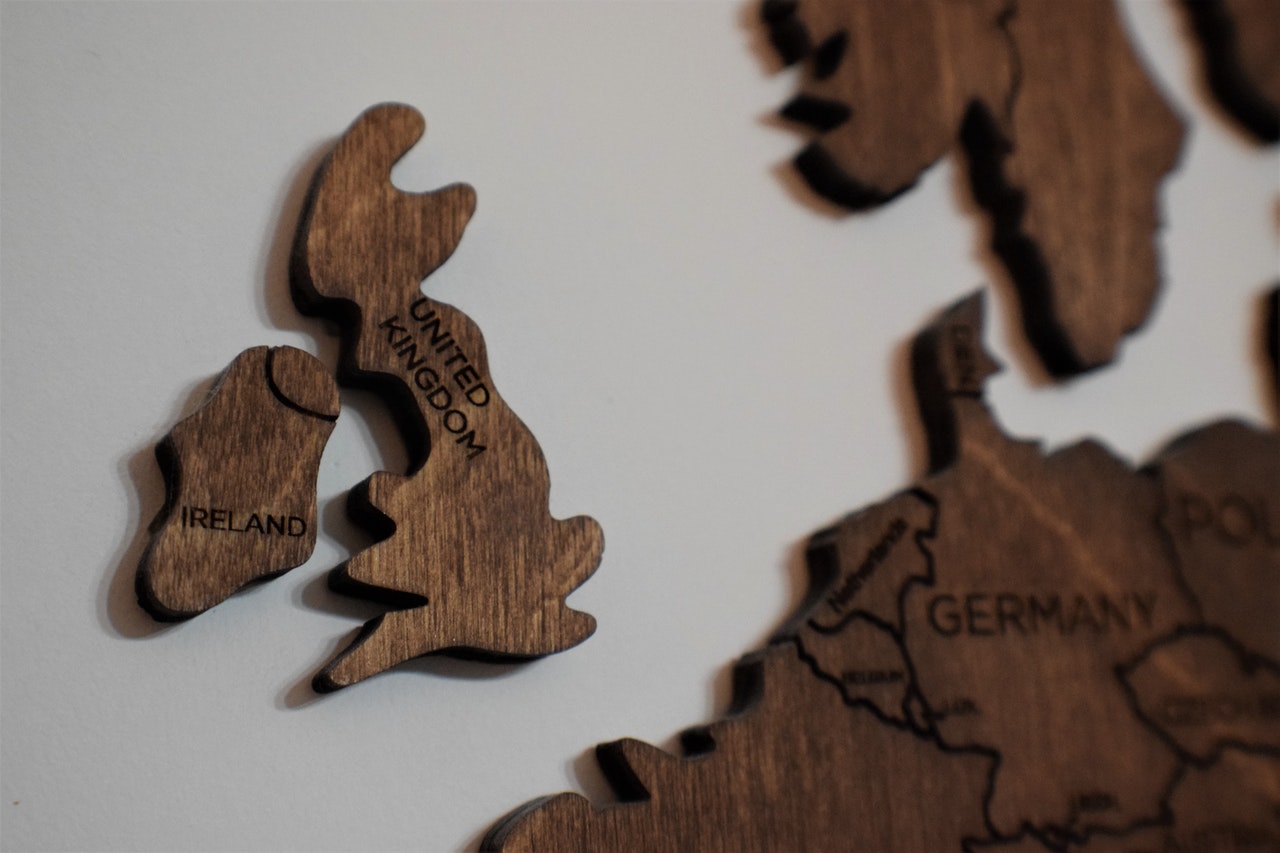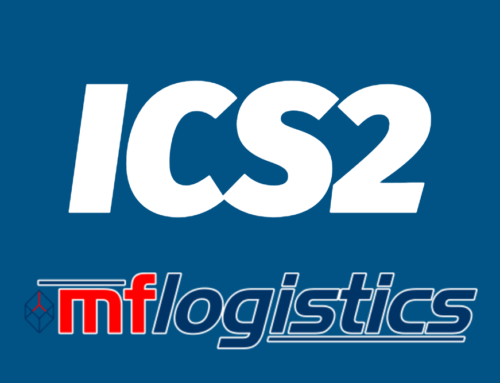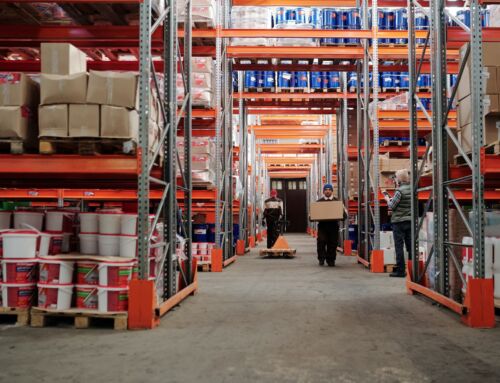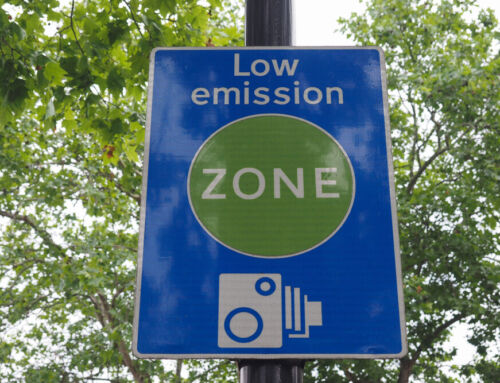For anyone involved in trade across the Irish Sea, the so-called Northern Ireland Protocol has become a phrase to make you wince. If anyone thought the years of wrangling it took to ‘get Brexit done’ were finally over when the UK left the EU on 1st January 2021, think again.
Even as we write, the post-Brexit customs and excise arrangements for goods moving between the UK and Northern Ireland are facing a challenge in the courts. Few are happy with the arrangements, yet politicians seem to have reached a stalemate.
In the meantime, the people in the middle – the farmers, the manufacturers, the retailers and the logistics operators who make a living from trans-Irish Sea trade – are left trying to make do the best they can.
So what exactly is the problem?
Border dilemma
One of the thorniest issues that had to be resolved as part of the Brexit process was what to do about the border between Northern Ireland and the Republic of Ireland. Once the UK left the EU, that would become the only land border between it and an EU member state.
No one wanted a ‘hard’ border on the island of Ireland, for social, political as well as economic reasons. But the fact remained that, once it left the EU single market, free movement of goods between the UK and the bloc would end. Checks and controls, customs duties and trade tariffs would have to be imposed. If not at the Southern-Northern Ireland border, where?
The Northern Ireland Protocol was the compromise arrangement rushed through to make sure Brexit finally got done. Like many compromises, it left a lot of people less than satisfied.
Under the protocol, Northern Ireland effectively remains part of the EU single market. That means trade and movement of goods can continue freely across the border with the Republic. But to make sure post-Brexit checks and controls on the movement of goods from the UK into Southern Ireland via the North are applied, a so-called ‘sea border’ has been established between Northern Ireland and the British mainland.
What that means in practice is that goods shipped into Northern Irish ports from the UK are now subject to customs checks.
Administrative bottleneck
As a logistics firm that specialises in the distribution of goods from the UK across the Irish Sea to the whole of Ireland, we have no issue with having to deal with customs per se. If we transport goods through Dublin, we have to go through customs checks. For colleagues in the industry that ship goods to France, the Netherlands or anywhere else in Europe now, it is exactly the same.
The specific issue for logistics operators with the situation in Northern Ireland is the administrative bottleneck the new procedures are creating. Most goods shipped from the UK to the ports of Belfast, Larne, Londonderry, Warrenpoint and Coleraine are destined for local markets in Northern Ireland, not movement onwards to Southern Ireland. And yet, under the terms of the protocol, all goods arriving from the UK must now be checked at those ports.
At the same time, those same Northern Irish ports have got a lot busier since Brexit. The reason is that the checks on goods moving between Northern Ireland and the UK only work one way. Distribution from Northern Ireland into the UK still functions on the same pre-Brexit rules. That has seen lots of companies in Southern Ireland that transport to the UK look to divert routes through the North. Freight traffic through Northern Irish ports has reached peaks not seen since 2007 while volumes heading out of Dublin to the UK have dipped.
So as things stand, not only are ports in Northern Ireland facing capacity issues, but the extra checks on goods arriving from the UK are causing major delays. What many haulage operators and Northern Irish businesses keep pointing out is that these delays are both unfair and unnecessary. When goods can move with complete freedom throughout the rest of the UK, it feels like trade in Northern Ireland is being penalised.
Sticking purely to economics, trade with the UK is worth five times more to Northern Ireland than trade with the Republic. So while an open border between the North and South is a must, so is maintaining open trade and free movement of goods with the rest of the UK.
From our perspective as a business that runs on these trade routes, the current delays and administrative burden we are seeing getting goods into Northern Ireland are frustrating and unsustainable. What we’d most like to see is a sensible settlement on the levels of administration and data that have to be provided on arrival, and clearly thought out protocols for allowing goods destined for Northern Irish markets to enter freely.
Proposals to this end were put forward in October. Fingers crossed we will see these crystallise into concrete solutions.



